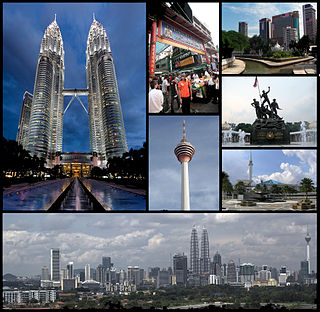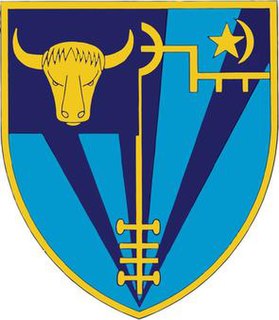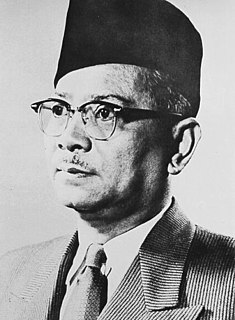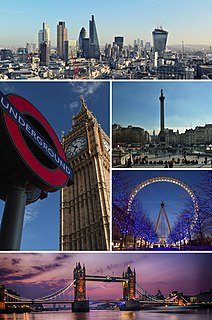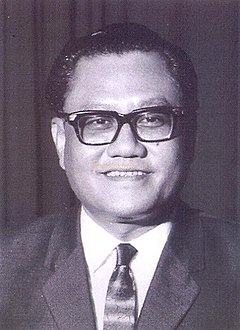| Yang Amat Berbahagia Tun Haji Omar Ong Yoke Lin | |
|---|---|
| 翁毓麟 | |
| President of the Dewan Negara | |
| In office 23 February 1973 –31 December 1980 | |
| Preceded by | Abdul Hamid Khan |
| Succeeded by | Ismail Khan |
| Personal details | |
| Born | Ong Yoke Lin 23 July 1917 Kuala Lumpur, Federated Malay States |
| Died | 1 July 2010 (aged 92) |
| Resting place | Makam Pahlawan, Masjid Negara, Kuala Lumpur, Malaysia |
| Political party | Malaysian Chinese Association (MCA) |
| Spouse(s) | Toh Puan Dr. Aishah Ong |
| Chinese name | |
| Chinese | 翁毓麟 |
| Hanyu Pinyin | Wēng Yùlín |
| Hokkien POJ | Ong Io̍klîn |
Tun Haji Omar Ong Yoke Lin (翁毓麟; 23 July 1917 – 1 July 2010) [1] was a Malaysian politician, diplomat and businessman. He was a founding member of the Malaysian Chinese Association, and was a key figure in the country's road to independence. Ong served various positions in the government of Malaya and Malaysia, as a Cabinet minister and ambassador.
The Malay language has a complex system of styles, titles and honorifics, which are used extensively in Brunei and Malaysia. Singapore, whose Malay royalty was abolished by the British colonial government in 1891, has adopted civic titles for its leaders. The Philippines historically used Malay titles during its pre-Hispanic period, as evidenced by the titles of historical figures such as Rajah Sulayman, Lakandula and Dayang Kalangitan. Malay titles are still used by the royal houses of Sulu, Maguindanao, Buayan, and Maranao on the southern Philippine island of Mindanao, but these are retained on a traditional basis, as the 1987 Constitution explicitly reaffirms the abolition of royal and noble titles in the republic. Indonesia, meanwhile, as a republic, does not recognize hereditary rulers and aristocratic systems. Nevertheless, their royal titles and honors are still used as courtesy titles.
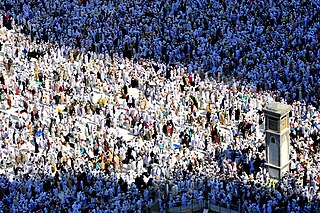
Hajji (الحجّي) is a title which is originally given to a Muslim person who has successfully completed the Hajj to Mecca. It is also often used to refer to an elder, since it can take time to accumulate the wealth to fund the travel, and in many Muslim societies as an honorific title for a respected man. The title is placed before a person's name; for example Joshua Omo becomes Hajji Joshua Omo.

Malaysia is a country in Southeast Asia. The federal constitutional monarchy consists of 13 states and three federal territories, separated by the South China Sea into two similarly sized regions, Peninsular Malaysia and East Malaysia. Peninsular Malaysia shares a land and maritime border with Thailand and maritime borders with Singapore, Vietnam, and Indonesia. East Malaysia shares land and maritime borders with Brunei and Indonesia and a maritime border with the Philippines and Vietnam. Kuala Lumpur is the national capital and largest city while Putrajaya is the seat of federal government. With a population of over 30 million, Malaysia is the world's 44th most populous country. The southernmost point of continental Eurasia, Tanjung Piai, is in Malaysia. In the tropics, Malaysia is one of 17 megadiverse countries, with large numbers of endemic species.
Contents
- Early life and education
- Politics
- Independence and the formation of Malaysia
- Personal life
- Death
- Honours
- Honours of Malaysia
- Notes
- References
He was a Chinese Muslim convert.
